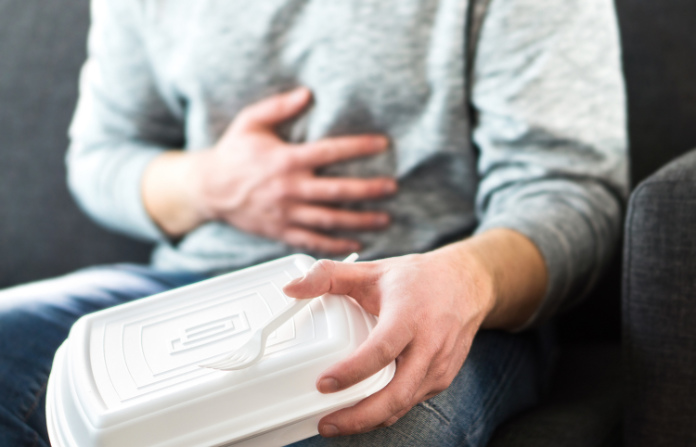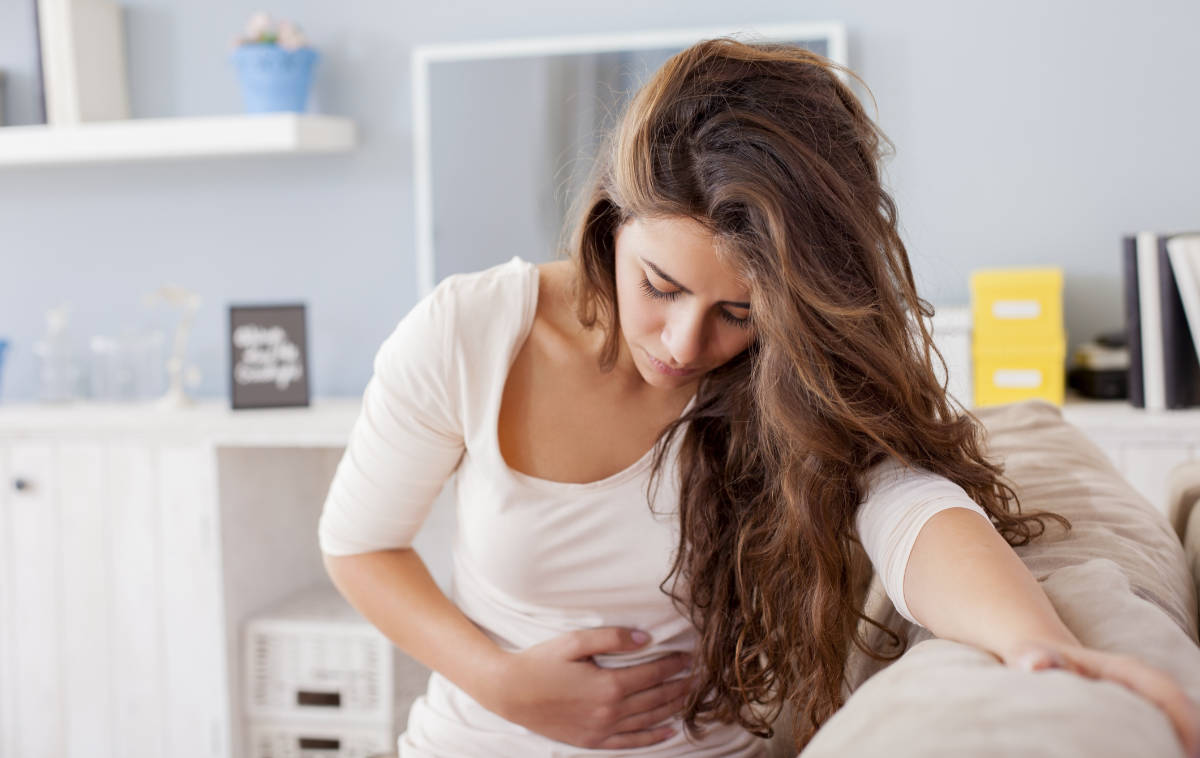What is e.coli?
Escherichia coli (or e.coli) is a type of bacteria that’s found in human and animal intestines. It forms part of your normal gut flora.
There are several different strands of the bacteria, and while most are harmless, some can cause infection and serious food poisoning.
For example, cystitis – an infection of the bladder that occurs when bacteria spreads from the gut to the urinary system – is often caused by e.coli.
Other types of e.coli can cause gastrointestinal infections, which can often occur when someone has eaten food contaminated with the bacteria. As e.coli can survive outside of the body, it’s often used by food safety officers as an indicator of general hygiene and faecal contamination in restaurants and other environments.
Some strains produce Shiga toxins which can cause severe illness. One common strain, called e. coli 0157, produces such toxins and is usually responsible for the outbreaks that you read about in the news.
What are the symptoms of an e.coli infection?
The unpleasant symptoms of an e.coli intestinal infection generally usually appear between one and 10 days after you’ve encountered the bacteria. This is what doctors have labelled the ‘incubation period’.
Symptoms can include abdominal cramping, severe watery diarrhoea, gas, loss of appetite, nausea, vomiting, fatigue and fever.
The effects can last anywhere from a few days to more than a week, but usually clear up within a fortnight.

If you have a severe e.coli infection, you may notice bloody urine, decreased urine output, pale skin, bruising and dehydration. You should always seek medical attention if you experience any of these severe symptoms.
A particular life-threatening complication called haemolytic uremic syndrome (HUS) may develop in around 5-10% of people infected with e. coli. This is a severe kidney issue that can lead to kidney failure and the need for renal replacement therapy.
Children may be more vulnerable to severe infections and complications from e.coli, mainly because they have a lower tolerance for fluid and blood loss through vomiting and diarrhoea.
How is e.coli treated?
It completely depends on the type of infection. Cystitis infections usually go away by themselves after two to four days, so it’s just a case of waiting out the symptoms.
Intestinal infections by e.coli are not usually treated with medication either.
Experts recommend drinking lots of water to replace the fluid lost through diarrhoea. Oral rehydration solutions can also replace other important substances lost from the body, including sodium, potassium and glucose.
If you do get an e.coli infection, it’s advised that you practise good hygiene, particularly when going to the toilet and then handling food. Wash and dry hands thoroughly after going to the bathroom and after touching animals, and make sure that you cook foods thoroughly.
Read more – 5 things to know before reheating food.































































